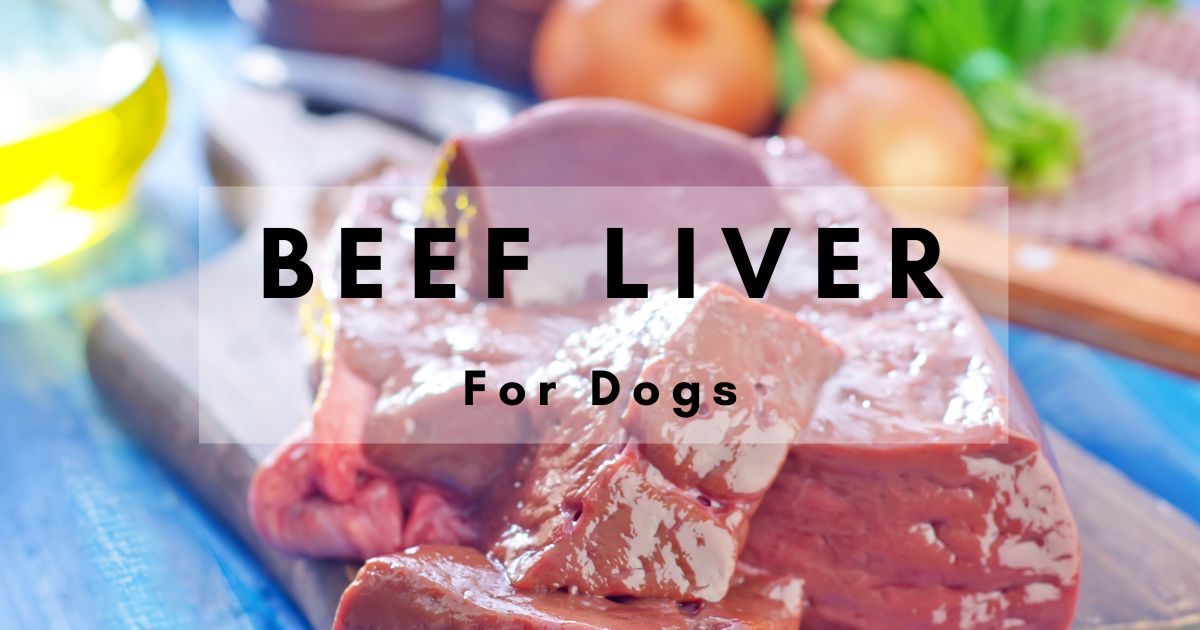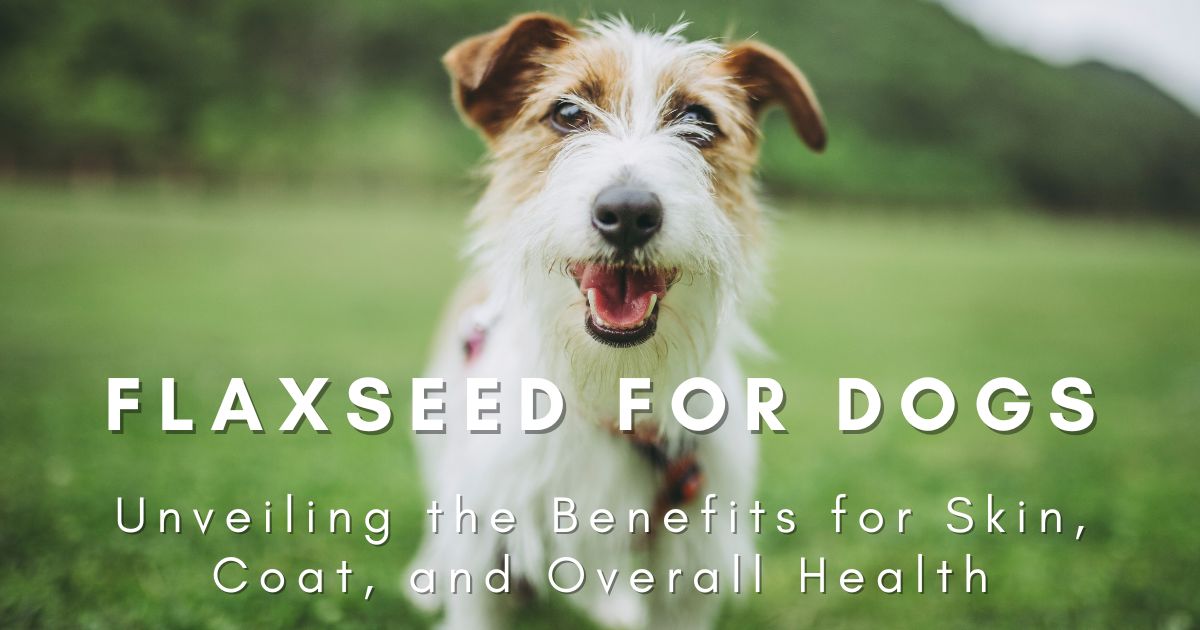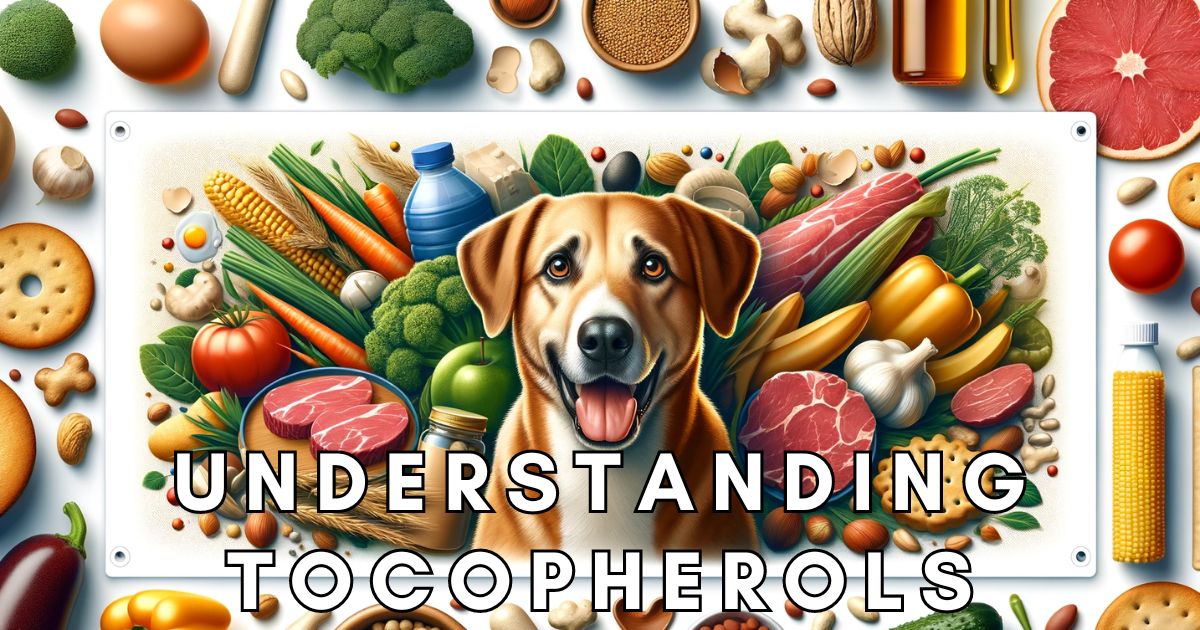Can Dogs Eat Chard? Exploring the Safety and Benefits of This Leafy Green

The Truth About Dogs and Chard

What is Swiss Chard?
Swiss chard, or simply chard, is a leafy green vegetable often recognized by its vibrant-colored stalks and rich green leaves. This nutritious veggie is a member of the Chenopodiaceae family, closely related to beets and spinach.1 Beloved for its versatility in the kitchen, Swiss chard isn’t just a feast for the eyes. It’s also great for health, boasting many essential vitamins and minerals.
Is Swiss Chard good for dogs?
Swiss chard can be a healthy addition to a dog's diet when given in moderation. It’s rich in vitamins A, C, and K, and in minerals like calcium and iron, which can help contribute to a dog's overall health.2 However, it's important to feed chard in small quantities and to make sure it's thoroughly cooked – as we’ll discuss below.
Common Misconceptions about Feeding Leafy Greens to Dogs
Some pet owners may be hesitant to feed leafy greens to their pups, thinking that they’re carnivores and don’t need vegetables in their diet. On the contrary, dogs are omnivores and can potentially benefit from veggies when included alongside high-quality meat.3
Another myth is that dogs can't digest greens. However, dogs can process leafy greens when they’re prepared correctly.4
The Nutritious Value of Chard for Your Canine
Vitamins and Minerals in Swiss Chard
Swiss chard is a treasure trove of nutrients that can offer numerous potential benefits for your dog's health. Here are some of the essential vitamins and minerals it contains:
- Potassium: This mineral is crucial for your dog's heart health. It also helps support proper fluid balance within the body and muscle and nerve function.
- Magnesium: Key for robust muscle and nerve function, magnesium also helps support strong bones, as it’s necessary for calcium absorption.
- Vitamin A: Essential for growing pups, supporting healthy vision, and healthy immune function.
- Vitamin K: Important for proper blood clotting.
- Vitamin C: This powerful antioxidant helps support the immune system and can help contribute to your dog's overall well-being.5,6
By giving your dog Swiss chard in moderation, you can help contribute to a balanced and healthful diet.
Antioxidants and Fiber: Boosting Canine Health
Antioxidants and fiber in Swiss chard are also powerful allies in promoting your furry friend's well-being:
- Antioxidant Support: The antioxidants in Swiss chard can help combat oxidative stress and promote cellular health in your dog. These valuable compounds aid in supporting the immune system and brain health.7
- Dietary Fiber: Swiss chard is a good source of beneficial dietary fiber, which helps to regulate bowel movements and support colon health.8
By mindfully incorporating Swiss chard into your dog's diet, you’re helping support their overall health and a happy tummy.
Safe Serving: Introducing Chard to Your Dog's Diet
How To Serve Swiss Chard to Dogs
Introducing Swiss chard to your dog's diet should be done with care to help ensure they reap the potential benefits. Here’s how to serve Swiss chard to dogs:
- Steaming or Boiling: Gentle steaming or boiling softens the leaves and stems, making them easier for dogs to eat and digest. Steaming tends to retain the most nutrients when cooking vegetables.
- Chopping or Pureeing: Finely chopped or pureed cooked Swiss chard allows for easier consumption and digestion, especially for smaller dogs. It can also be more easily mixed into your dog's regular food, disguising the texture for picky eaters.
Remember, cooking the chard is key, and it also reduces its oxalic acid content, which can be harmful to dogs in large quantities. Always wash chard thoroughly before cooking to make sure it's free from pesticides.9
Portion Control: Finding the Right Balance
Dogs have different nutritional requirements based on their size, breed, and overall health, and overfeeding can lead to digestive issues. Here's how to strike the right balance:
- Introduce Gradually: Start with a small amount of Swiss chard mixed into your dog’s regular food, and observe for any adverse reactions.
- Consult the Experts: For specific advice tailored to your dog, consider talking to your veterinarian.
- Follow the 10% Rule: “Bonus” foods, including veggies like Swiss chard, should make up no more than 10% of your dog's daily caloric intake.
- Adjust Accordingly: If your dog is more active, they may be able to handle slightly larger portions, while less active dogs might need less.
You can also introduce your dog to leafy greens, like kale and spinach, with Nature’s Blend Essential Wellness, a premium freeze-dried raw dog food made from meats, seeds, vegetables, and fruit.
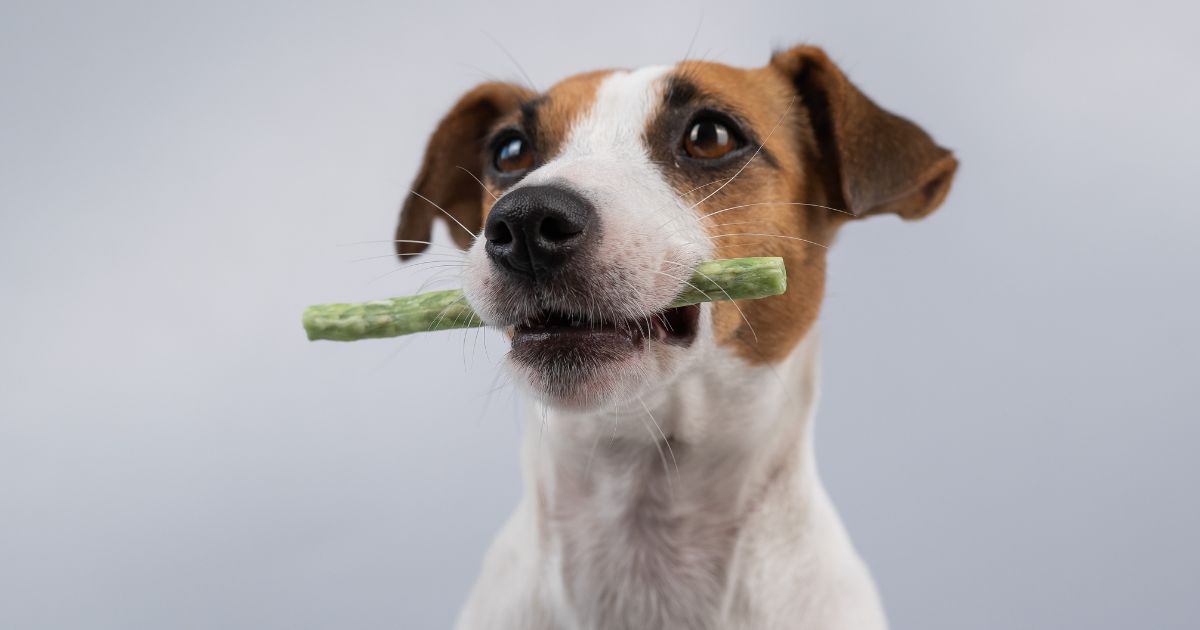
Potential Risks of Feeding Swiss Chard to Dogs
Oxalate Content
Oxalates are natural compounds that, in excess, may contribute to kidney stone formation, particularly in dogs with pre-existing kidney issues.10
When chard is consumed in moderation, the risk is typically low, but overconsumption of high-oxalate foods over time could lead to health concerns.11
Certain cooking methods, like steaming, may also lower the oxalate content, making chard a safer choice for your pet. And again, if you have any concerns at all about including chard in your dog’s diet, it’s always best to talk to your veterinarian.
Allergies and Sensitivities
Just like their human counterparts, dogs may have allergies or sensitivities to certain foods, including Swiss chard. The best course of action is to:
- Start Slow: Incorporate chard into your dog's diet slowly, and watch for any signs of discomfort or adverse reactions.
- Know the Signs: Symptoms of allergies may include persistent itching, scratching, paw licking, or even facial swelling.
- Seek Professional Advice: If you notice any signs of potential allergies or digestive discomfort, consult your veterinarian without delay.12
Recipe Inspiration: Baked Swiss Chard Treats
Turning Swiss chard into a culinary delight for your dog is easier than you might think. Get inspired by this simple grain-free recipe:
Ingredients:
- 1 bunch of finely chopped Swiss chard
- 2 1/2 cups coconut flour
- 2 1/2 tablespoons peanut butter (ensure it’s xylitol-free)
- 2 large eggs
- 3/4 cup canned pumpkin puree
- Optional: 1/4 cup chopped cooked meat (such as chicken or turkey) for added protein
Makes 16 treats
Instructions:
- Preheat your oven to 300°F and line a baking sheet with parchment paper.
- Wash the Swiss chard thoroughly and remove the tough stems. Finely chop the leaves.
- In a large mixing bowl, combine all ingredients. Mix well until a dough forms.
- If desired, mix in the chopped cooked meat. If the mix is too dry, add a little water.
- Roll out the dough on a lightly floured surface to about 1/4 inch thickness. Use cookie cutters to cut out shapes, or simply cut the dough into small squares.
- Place the treats on the prepared baking sheet, and bake for 30 to 40 minutes or until the treats are firm and slightly golden.
- Allow the treats to cool completely before giving them to your dog.
- Store the treats in an airtight container in the refrigerator for up to 2 weeks, or freeze them for a longer shelf life.
As always, feed these treats to your dog in moderation, and adjust portion sizes according to your dog's size and dietary needs.
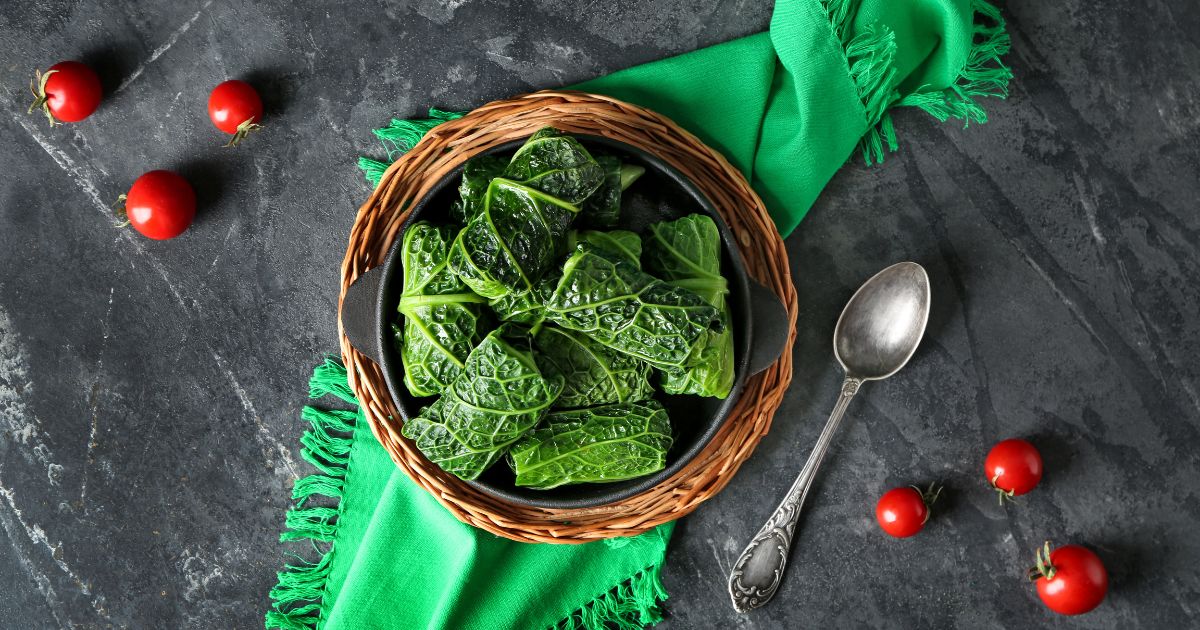
Sources
- https://www.southernliving.com/food/side-dishes/vegetables/what-is-swiss-chard
- https://fdc.nal.usda.gov/fdc-app.html#/food-details/169991/nutrients
- https://www.dailymail.co.uk/sciencetech/article-9891333/Dogs-changed-diet-omnivores-8-000-years-ago-prehistoric-canine-droppings-show.html
- https://animalwellnessmagazine.com/leafy-green-vegetables-for-healthy-pets/
- https://www.akc.org/expert-advice/nutrition/vitamins-dogs-need-healthy-lifestyle/
- https://www.petmd.com/dog/nutrition/evr_dg_mineral-the_right_sources
- https://wagwalking.com/wellness/antioxidants-for-dogs
- https://www.carefirstanimalhospital.com/news-events/how-to-add-fiber-to-your-dogs-diet/
- https://www.dogster.com/dog-nutrition/can-dogs-eat-swiss-chard
- https://www.akc.org/expert-advice/nutrition/can-dogs-eat-kale/
- https://www.akc.org/expert-advice/nutrition/can-dogs-eat-kale/
- https://vcahospitals.com/know-your-pet/allergy-general-in-dogs
Related posts
